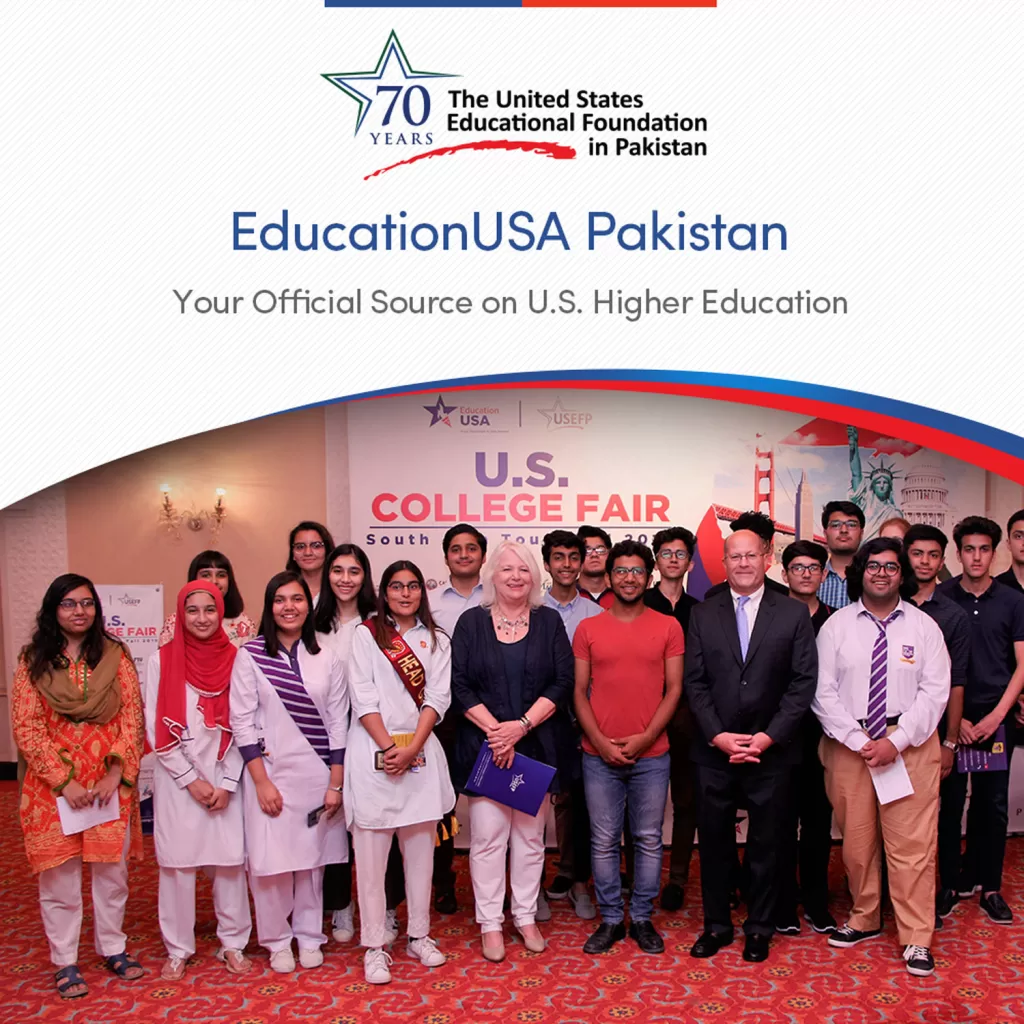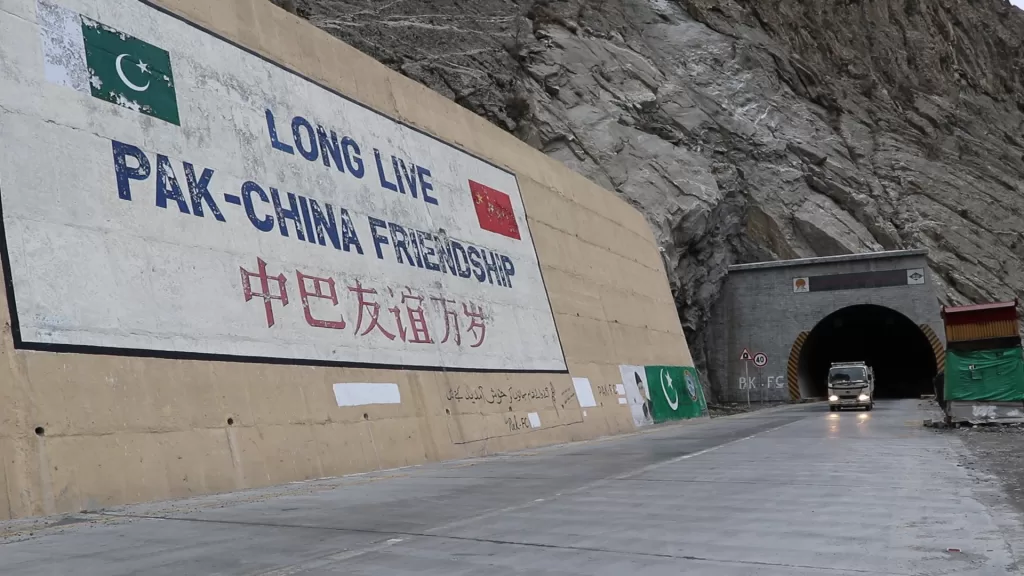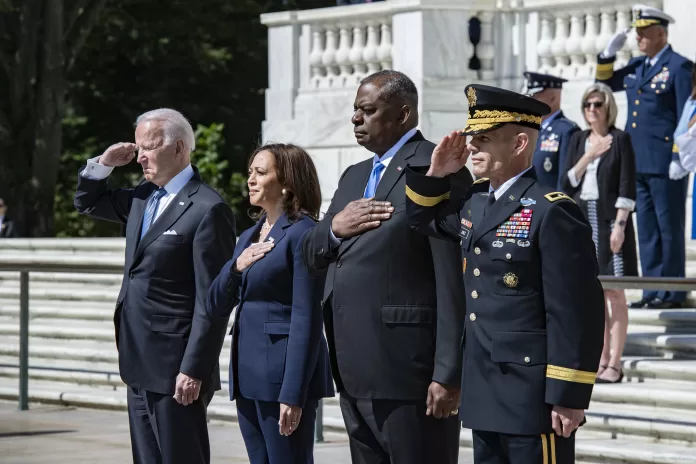Pakistan and the United States have a long history of bilateral relations both in diplomatic and economic sectors but with a focus on strategic and political partnerships. Since the end of World War II, the two countries have been important strategic partners in the region and have cooperated in many areas, including military and counterterrorism operations, economic development, and social security. In recent years, the two countries have worked together to promote peace and stability in Afghanistan, counter militancy, and extremism in the region, and foster economic growth. Pakistan’s foreign policy is focused on promoting stability and security in the region while seeking closer ties with the United States. Pakistan has sought to foster closer ties with the United States through a number of initiatives, including the Strategic Dialogue and the Enhanced Strategic Partnership.
Pakistan has also sought closer ties with other countries, including China, Iran, and Saudi Arabia, in order to promote regional stability and economic growth. The US and Pakistan must focus on a strong economic partnership for socio-economic development of the latter.
As a strategic partner of the US must Pakistan have preference for the same economic benefits as of India, US is India’s second-largest trading partner and the largest foreign direct investor in India. The two countries have signed several bilateral agreements and have deepened their collaboration through initiatives such as the US-India Strategic Partnership Forum. While we cannot equate ourselves with India, our relationship with the US must not be connected with US relations with India. Our position must not be dictated by our geographical position.
United States must engage with Pakistan as a strategic partner for counterterrorism and security issues it is the time now for increased economic emancipation and the support in advancement in nuclear technology for civilian purposes.
The Pakistan-US nuclear agreement is a bilateral civil nuclear cooperation agreement between Pakistan and the United States, which was signed in 2015. Under the agreement, the United States agreed to allow Pakistan to access nuclear technology and fuel for civilian purposes.
The United States also agreed to cooperate with Pakistan in the areas of nuclear safety, non-proliferation, and civilian nuclear energy. The agreement also provided for the construction of a nuclear power plant in Pakistan.
In this relation, Pakistan has fought the US war on terrorism. After all the losses Pakistan had in this war and still facing terrorism in her territory. Pakistan is a victim of cross-border terrorism – the advanced and sophisticated weapons used by terrorists in the recent attacks are the US Army’s state-of-the-art equipment. According to a report published by Radio Free Europe Radio Liberty (RFE/RL), the US left behind around $7 billion worth of military equipment and weapons like M16 machine guns, M4 assault rifles, military communications gear, night vision goggles, and even armored vehicles.
Unfortunately, the US army withdrawal has opened a gate of hell for Pakistan as terrorist groups are now equipped with this sophisticated armor. To counter these terror attacks and sabotage the efforts to destabilize Pakistan, it is necessary to provide the Pakistan Armed Forces with the same technological gear and weapons. The US accused Pakistan of cross-border terrorism, lack of transparency in counter-terrorism efforts and intelligence sharing, double-dealing allegations, and lack of action against certain groups. In the context of Pakistan-US relations, our vulnerability lies in Washington’s tendency to conveniently forget its allegiances or allies once it achieves its own objectives.
The US withdrawal from Afghanistan along with Pakistan’s current ‘polycrisis’ of political, economic, and security challenges have jeopardized US-Pakistan relations.
Besides the crises, the high-level diplomatic engagement between the two countries on the economy, trade, defence, energy, and education continued. There is a need of initiating people to people diplomacy with a focus on education, technology and innovation, culture, and investment among other issues. Despite the US’s support in security, counterterrorism, and assistance during natural disasters like floods and earthquakes, negative sentiments towards America persist in Pakistan.

The people of Pakistan must understand and acknowledge the different projects of the US for socio-economic change in the country. For example, The United States Education Foundation Pakistan (USEFP) and United States Agency for International Development (USAID) projects contribute to people-to-people connections, foster cross-cultural learning, and promote collaboration between Pakistanis and Americans. By investing in education, development, and cultural exchange, these organizations play crucial roles in enhancing mutual understanding, cooperation, and friendship between the people of Pakistan and the United States.
Improving the people-to-people connection between the two nations is crucial – serious efforts are required to inform Pakistanis about the development aid, and education programs offered by the U.S. – for students as well as educational institutes to enhance their capacity and foster international linkages. The people-centric approach in all the development projects by the US will build a positive narrative among the masses in Pakistan.
Other than USAID and USEFP there are other US-based organizations like the U.S.-Pakistan Business Council (USPBC), American Institute of Pakistan Studies (AIPS), American Pakistan Medical Society (APMS), Acumen Fund, and the Asia Foundation are working along with several others to build strong ties between the U.S. and Pakistan, fostering mutual understanding, and supporting sustainable development in Pakistan. Their efforts contribute to a more cooperative and productive relationship between the two nations.
Besides all the dependency on America and supporting them in their wars, Pakistanis must be informed and show gratitude towards the sincere efforts of the US in the development of Pakistan. It is not just security and counterterrorism for which the US has supported us, but their investment in socioeconomic progress – education, trade and investment, technology and innovation, and women empowerment for a prosperous Pakistan.
Similarly, the US must not forget the sacrifices of Pakistanis, from our martyrs to the deterioration of the economy. The people of Pakistan bear enormous pain and the cost of terrorism paid is higher than that borne by the US. The cost of terrorism includes the destruction of infrastructure, loss of livelihood, a significant drop in Foreign Direct Investment (FDI), capital flight, reduced growth rates, and negative impact on almost every vital sector of the economy. Moreover, being surrounded by a hostile nation – India, the longstanding unresolved conflict of Kashmir, and cross-border terrorism from the West have hindered Pakistan from fully utilizing its true potential of resources.
The Global War on Terrorism (GWOT) has pushed Pakistan into a never-ending war with its neighbor – Afghanistan where the Taliban are now ruling, the unplanned/hasty evacuation of the US resulted in an influx of refugees to Pakistan. This is again a burden on the already dwindling economy of Pakistan.
According to a report by Voice of America (VOA) around 3,00,000 Afghan nationals entered Pakistan in the year 2021, where 2 lacs were illegal entrants. The government of Pakistan is arresting illegal immigrants and deporting them back.
This crackdown by the Pakistani government has been questioned by international agencies. Amnesty International has questioned the lack of legislation in Pakistan for protecting asylum seekers and refugees. It has also urged the Pakistani government to provide shelter to the Afghan refugees so that they can live with dignity and without the fear of deportation.
Pakistan with its limited economic resources and increasing financial crunch needs special support from the world especially the US and its alliances for tackling the refugees’ issues. It is not only Pakistan’s responsibility to provide shelter to the Afghan refugees as the GWOT was the world’s war, but its consequences have disproportionately affected Pakistan. For supporting refugees, the US and the Western alliances must invest in Pakistan’s economy through increasing foreign direct investment, technology and innovation, trade agreements, and providing a significant space in the world market.
Recent efforts to avoid the sinking of relations between the two countries have brought one thing to light that contouring of a ‘right sized’ relationship is required. As converging and diverging national interests of both countries are playing a significant role in shaping the future of the strategic relation between the two countries. Regional and international dynamics are changing with time and China has emerged as a superpower. Pakistan has to balance its relationship with China and the U.S. – by keeping its own economic and military interests intact.
Regional development and China’s growing influence in the world is alarming for the US and it has impacts on US-Pak relations. The US-China rivalry must be tackled in a way that Pakistan maintains its relationship with both superpowers. Economic and security cooperation with China must not come at the cost of jeopardizing relations with the US and the international community. Optimistically thinking, Pakistan can play a bridging role to reduce tensions between the US and China as it was in the Nixon era. In 1971 and 1972 the then-president of Pakistan, Yahya Khan and his Foreign Minister, Zulfiqar Ali Bhutto, facilitated and hosted several secret meetings between American and Chinese officials to reduce tensions between the US and China. The initiative of President Richard Nixon to initiate a diplomatic breakthrough – the US-China relation was of mistrust and isolation dated back to the Korean War of June 1950. The meetings provided an opportunity for the two countries to explore areas of cooperation and lay the groundwork for a potential rapprochement. This time Pakistan can play the same role of a neutral actor between two superpowers to promote regional prosperity which is inevitable for a peaceful world in the era of globalization.

Another approach is to proactively plan to manage and mitigate the risks emerging due to US-China deepening rivalry over time. China has initiated an unprecedented project in Pakistan, the China-Pakistan Economic Corridor (CPEC) with a cost of $65 Billion – a part of China’s most ambitious and expansive economic development projects of the 21st century.
It is a journey toward a developed economic region that is well-connected and harmonized in the world. Pakistan’s economy can be strengthened with the successful implementation of the CPEC, but this has certain negative externalities as well; the potential debt burden, dependency on China, and limited involvement of local stakeholders in the project.
Pakistan’s economy is on tenterhooks and the situation is not going away any sooner, which makes Pakistan more vulnerable in the US-Pakistan strategic competition. Engaging the U.S. and other Western countries can reduce dependency on China for the completion of the CPEC. It can be done by identifying opportunities in the CPEC for the U.S. and other Western alliances – to finance the CPEC. It is in Pakistan’s interest to not put all its eggs in one basket, or take sides. Further, more sustainable, and regionally integrated economic development is the need of the time.
It is widely acknowledged that political stability is a prerequisite for achieving economic stability. Pakistan, which has experienced a recent wave of terrorism and political instability, is facing the risk of default. However, although the International Monetary Fund (IMF) program provides an artificial means of economic rescue, it comes with a number of conditions attached and may not ultimately address the underlying economic challenges.
It is time to conduct a national-level census and engage all stakeholders in the fight against extremism. This should involve across-the-board accountability and transparency in development projects, fostering new regional relationships, and reaffirming economic and military support from other international partners.
To achieve prosperity, Pakistan must not isolate itself. Prioritizing conflict resolution within the region, fostering equitable relationships, and safeguarding national interests is crucial. An unstable country with a significant geopolitical position can undermine global peace.





